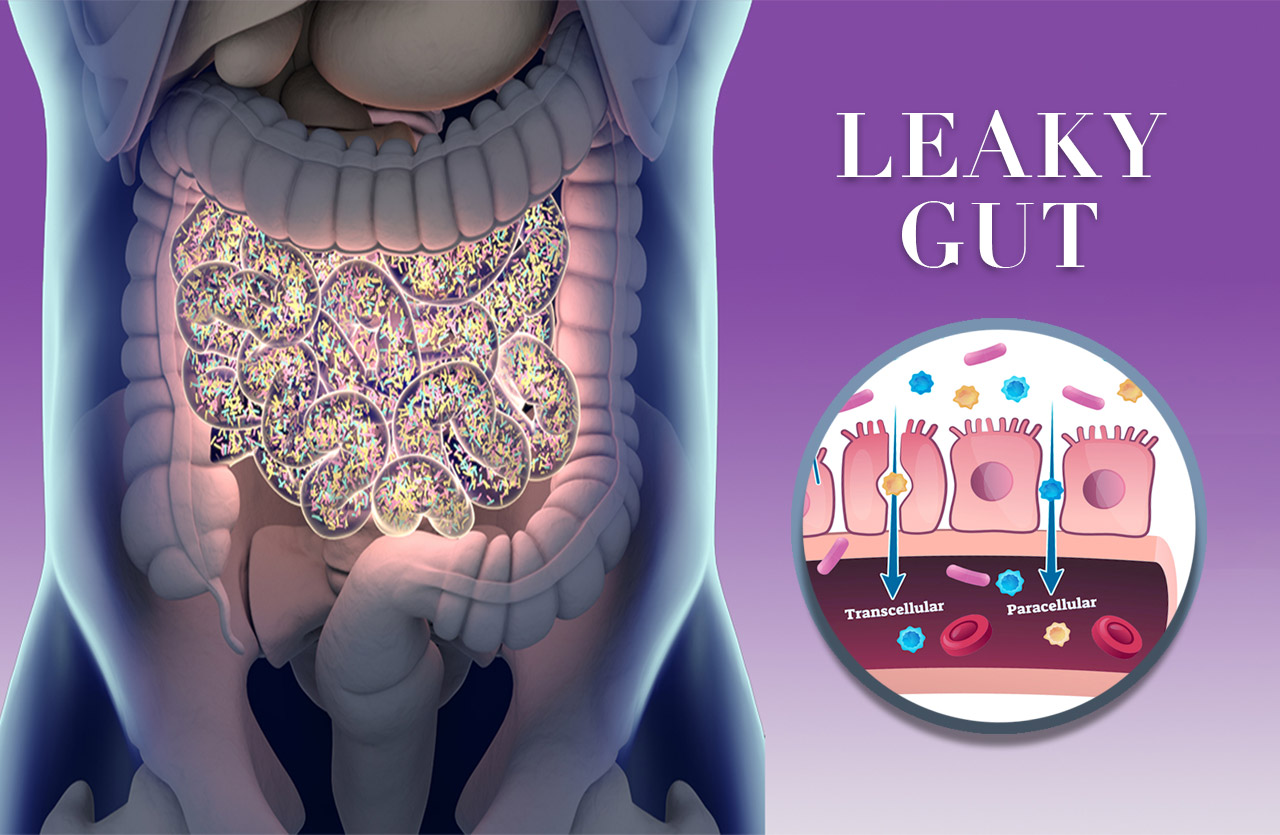A new study published in the Journal of Toxicology and Environmental Health, Part B has raised alarming health concerns about the sugar substitute sucralose, commonly known as Splenda. The researchers conducted laboratory experiments exposing human blood cells and gut tissue to sucralose-6-acetate, an ingredient found in sucralose. Their findings suggested that sucralose can cause DNA to break apart, potentially leading to the development of diseases. Additionally, the study linked sucralose to leaky gut syndrome, a condition characterized by a weakened intestinal lining, resulting in symptoms such as burning sensations, painful digestion, diarrhea, gas, and bloating.
The researchers also discovered that sucralose-6-acetate is genotoxic, meaning it damages DNA. They detected trace amounts of this substance in off-the-shelf products at levels exceeding the safety limits set in Europe. These findings prompted the researchers to call for a reassessment of the safety and regulatory status of sucralose, emphasizing that people should avoid consuming products containing this sugar substitute.
Contrarily, the FDA maintains that sucralose is safe and approves its use in various food and beverage products. The agency conducted an extensive review of over 110 studies, assessing potential toxic effects, including reproductive and nervous system impacts, carcinogenicity, and metabolism. The FDA also analyzed human clinical trials to evaluate metabolism and the effects of sucralose on individuals with diabetes. Despite the study’s findings and concerns raised by researchers, the FDA currently supports the safety of sucralose based on their review and monitoring of scientific evidence.





